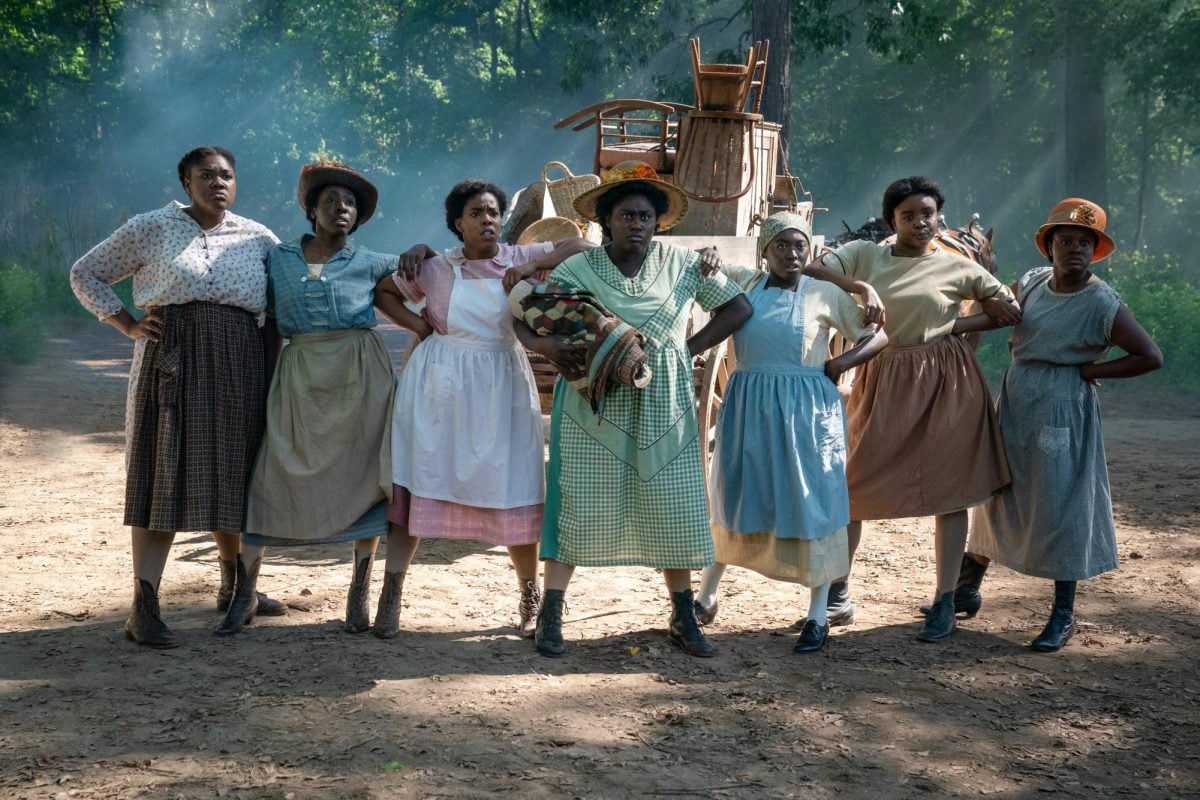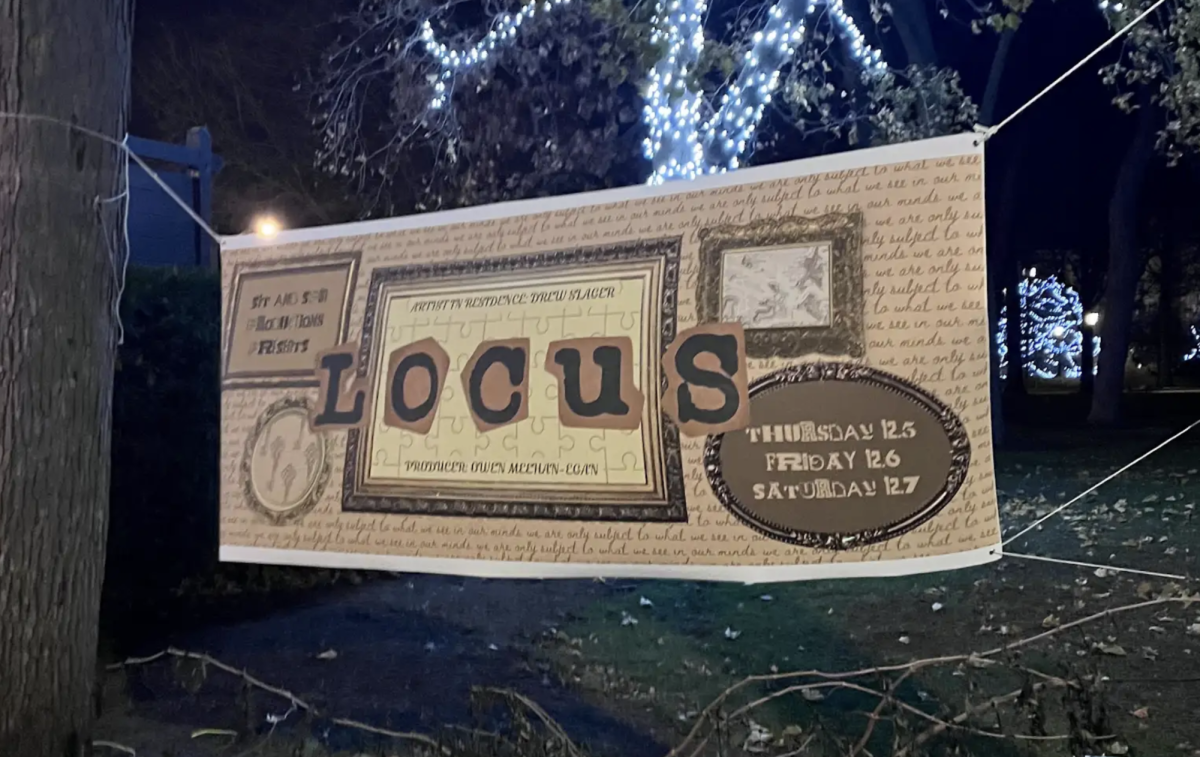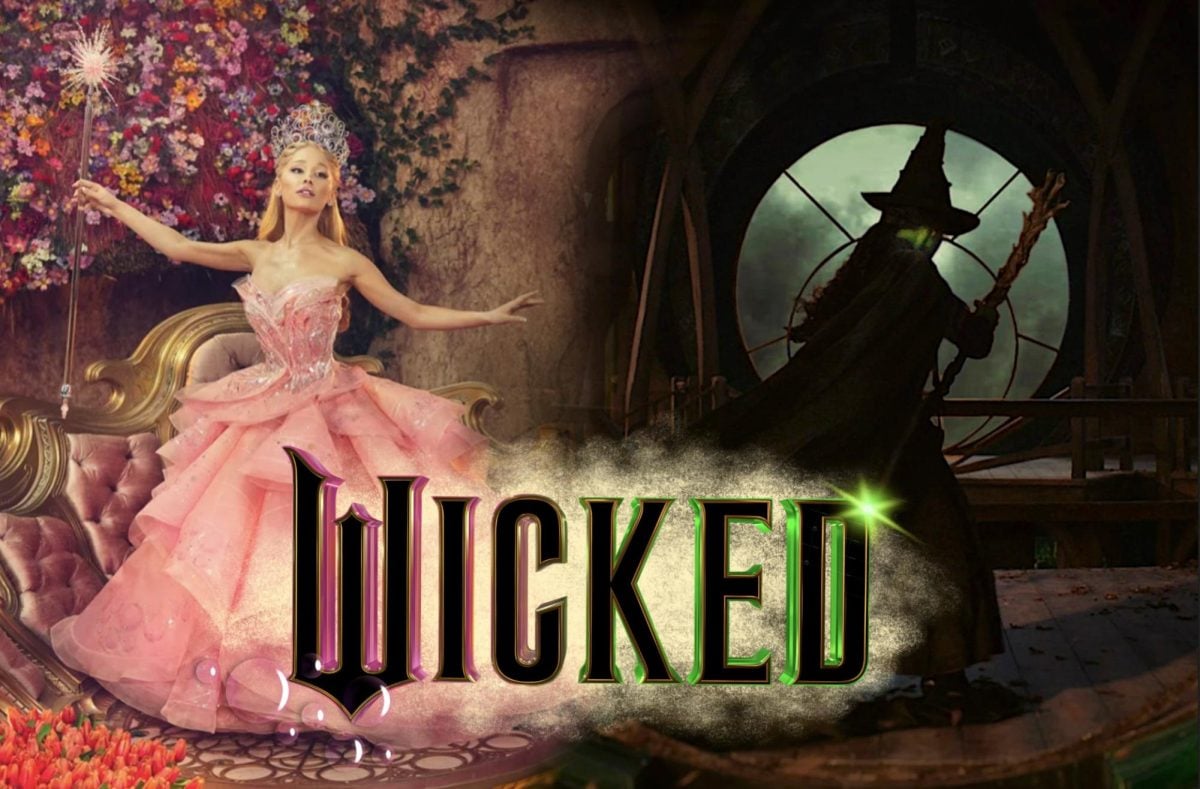Get ready to revisit the world of “The Color Purple” as it returns to theaters about 41 years after Alice Walker first debuted her novel, this time with a musical twist. From Walker’s 1982 novel to the renowned 1985 film, the timeless story of three women’s unbreakable sisterhood takes on a new form as an adaption of the 2005 Broadway stage musical.
Set to release on Dec. 25, the narrative unfolds against a backdrop of domestic violence, discrimination based on race and sexual orientation and the enduring impact of trauma.
The cast, including Fantasia Barrino (Celie), Taraji P. Henson (Shug Avery), Danielle Brooks (Sofia) and director Blitz Bazawule, joined The Daily and other college newspapers at a virtual roundtable interview hosted by Warner Bros. to discuss the highly anticipated film.
Bazawule described Walker’s text as “deeply sacred” and hopes the film will spark conversations about generational trauma among a younger generation.
“These are things that have lingered for a very long time, and hopefully this movie allows us to confront and come to some kind of healing,” Bazawule said. “We will always have people living on the margins, people who are discriminated against and people who are looking to go from unseen to seen, making this text seminal and important.”
While Walker’s original storyline touches on African diaspora, Bazawule said it was very important to him that this version center a very authentic African experience. Bazawule was born and raised in Ghana, so he decided the film would anchor the African experience in the cultures he is closest to: Ghanaian and Ashanti cultures.
Bazawule said specifying the characters’ cultural backgrounds was essential, as it gave the production a language, costume and music to center around.
“There’s often kind of a miscategorization of Africa as a country where it’s all kind of jumbled up,” Bazawule said. “And so finding cultural authenticity … was a very important part of the narrative because it only helps bridge the gap better between the continent of Africa and larger diaspora of certainly in the Americas, but everywhere else.”
Brooks spoke passionately about the transformative power of music in the storytelling process. She emphasized that, as a story centered around Blackness and Black women, the universal nature of music allows the film to transcend any class or gender and allows it to be relatable.
Barrino echoed Brooks’s sentiments and said producer Scott Sanders was very clever in putting music to the movie.
“Music is a big part of Black culture and is how they used to get through a lot of horrible things,” Barrino said. “And so by putting that with a story that shows what we went through as Black people and Black women was very smart, and I’m glad he did that.”
Henson also touched on the struggles faced by Black women. She said this movie teaches Black women that working together to heal is important because “we’re powerful in numbers, and we need each other because nobody else got our back.”
In her memoir “Around The Way Girl: A Memoir,” Henson writes that she was paid “less than 2%” of her co-star Brad Pitt’s salary in the movie “The Curious Case of Benjamin Button.” She said it’s her experiences like these that keep her motivated in her career.
“I just want the women coming up behind me to have a better experience than I’ve had and the ones that have come before me,” Henson said. “I wouldn’t be here if some sisters didn’t fight their fight. So the fight continues, and I’m going to continue to fight until the narrative changes.”
Email: [email protected]
Twitter: @ellajeffriess
Related Stories:
— Northwestern alumna Heather Headley replaces Jennifer Hudson in Broadway’s ‘The Color Purple’
— Alice Walker says culture of individualism needs to change


















